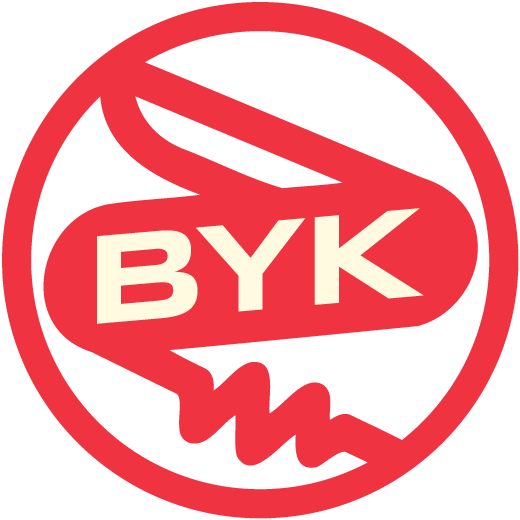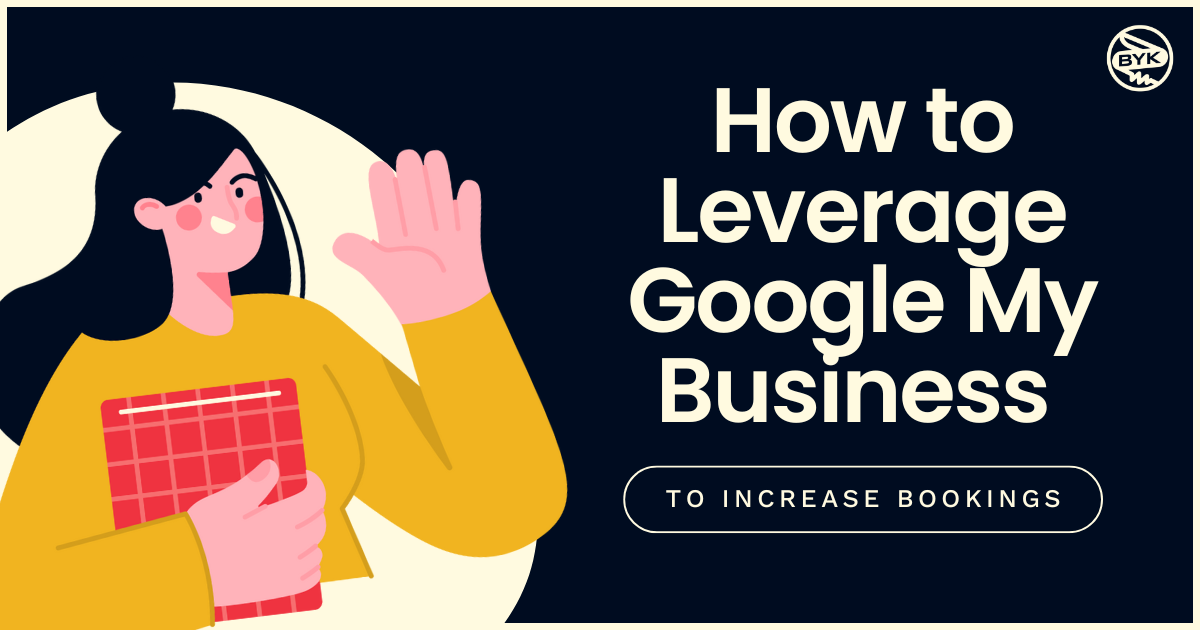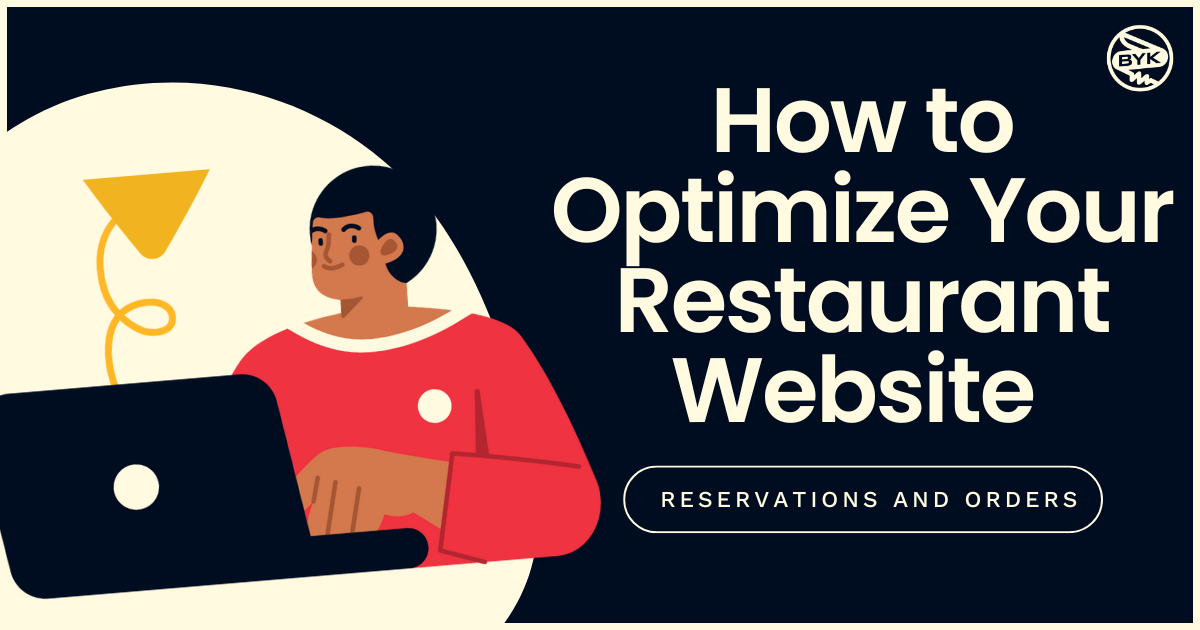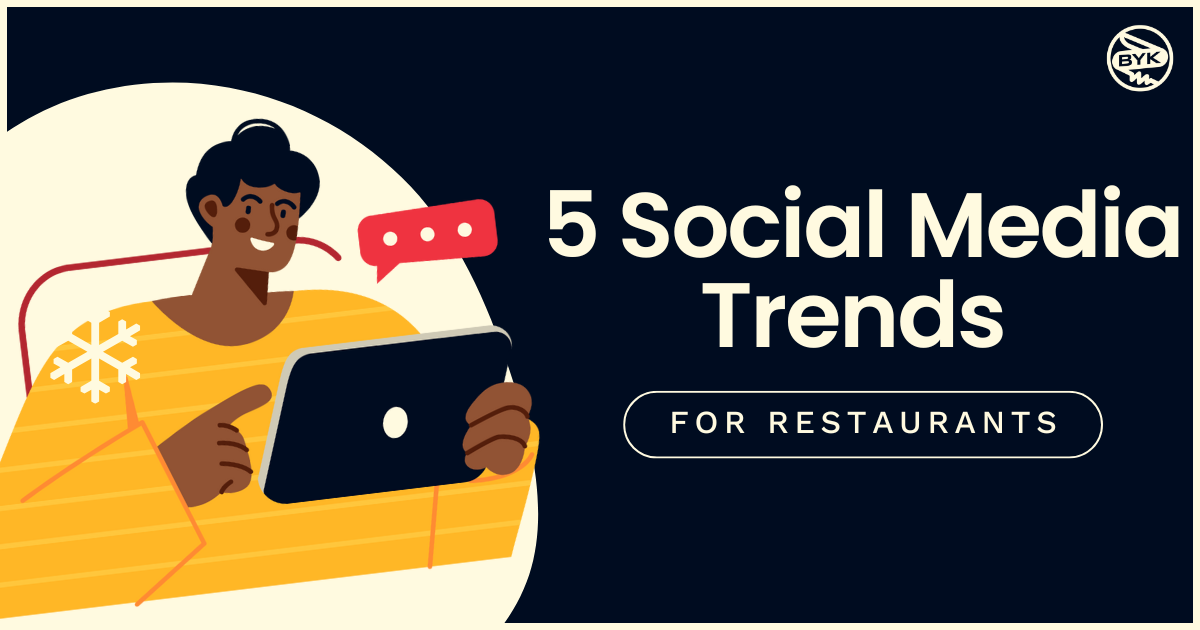At BYK Digital Marketing, a large percentage of our time is spent posting for our clients. With all the competition that our clients face, we need to be experts in making them shine on their social media platforms. We came up with our five favorite tips for creating and implementing posts. Enjoy, and happy posting!
1. Fail to Plan, Plan to Fail
Call us nerds, but we’re all about the planning stage of posting. Spontaneity has its place in life and social media, but when we can, we plan. We decide with a client how many posts a week we will create for them, and write out our posts for an entire month–weeks before the posts will see the light of day. This ensures we’ve established the frequency with which we will post, and that we are building routines for each client. There are quite a few social media management tools that can help you schedule your posts to publish onto each of your platforms. Buffer and Later are two that we use. We like Later because it allows us to visualize the timeline of our posts on a calendar, so we can clearly see how many posts we’ve scheduled for Facebook, Twitter, and Instagram. Facebook and Twitter also allow you to schedule ahead of time within the platforms, rather than through a third party. You’ll find that different types of posts require different scheduling strategies, so definitely figure it out in advance!
2. Timing is (Kind of) Everything
We don’t think you have to be super strict about what times you schedule posts for, because it’s fairly easy to guestimate the safe time windows that lots of people will be scrolling through their social media accounts (ie. not between 12 a.m. and 5 a.m.). However, there are studies behind posting times, and it certainly doesn’t hurt to know about which times are the best to hit for highest engagement. This article by Sprout Social, Best Times to Post on Social Media: 2018 Industry Research, does a great, in-depth job charting how different time windows are best for posting, and how they differ across platforms. Since we post for our clients more than just once a week, and not just the most popular days, we think it’s best to highlight from the article the safest times throughout the week to post for each platform, so you can make sure you’re scheduling within those time frames when people are most likely to see and engage with your posts.
- The safest times to post to Facebook include weekdays from 10 a.m. to 3 p.m.
- The safest times to post to Instagram are Tuesday through Friday 9 a.m. to 6 p.m.
- The safest time to Tweet is every day from 10 a.m. to noon.
- Tuesday through Thursday rank safest for posting to Linkedin.
3. Image IS Everything
People want to see pictures, and posts that use images have been proven to get more engagement than their imageless counterparts. Even if you think you just want to share a link to an article about your client, make sure you have an image to go with it. This will make your content stand out and will invite people to interact more with your post. We find that we are happiest when we have a wealth of high-quality images to share with our content and dedicate time to capturing the photos or crafting the graphics with which we will populate our clients’ feeds. When we are able to meaningfully show the faces, products, and events behind a brand, we see more results.
4. Will You Marry Me?
No, we’re not talking about that kind of engagement. But seriously, once you publish posts, track their engagement and encourage as much interaction as possible. Make sure you are checking Twitter, Facebook, and Instagram regularly to monitor how your posts are performing, and to interact with people who are replying to or commenting on your posts. People truly care, especially on Twitter, about whether a brand responds to them.
We find it’s helpful to create social media audits for our clients so that we can survey exactly how posts are performing. Engagement is important to analyze, and you would also be smart to track what types of competitor posts are generating the most engagement! See what’s trending and emulate it, because numbers don’t lie!
Another way we can boost engagement is by creating contest posts that tell your followers to like, share, or tag a friend for a chance to win. People who might not otherwise engage with posts will suddenly jump at the opportunity to win a dozen cookies!
5. Carousel!
How could this not be a fun tip? Whether it’s a paid or organic ad, Facebook has a publishing tool that allows you to create posts with a whole carousel of images! According to Sprout Social, carousel ads have lower cost-per-conversion and cost-per-click compared to static ads. The carousel format is especially optimal for showcasing different products, whether they be menu items, clothing, or services!




